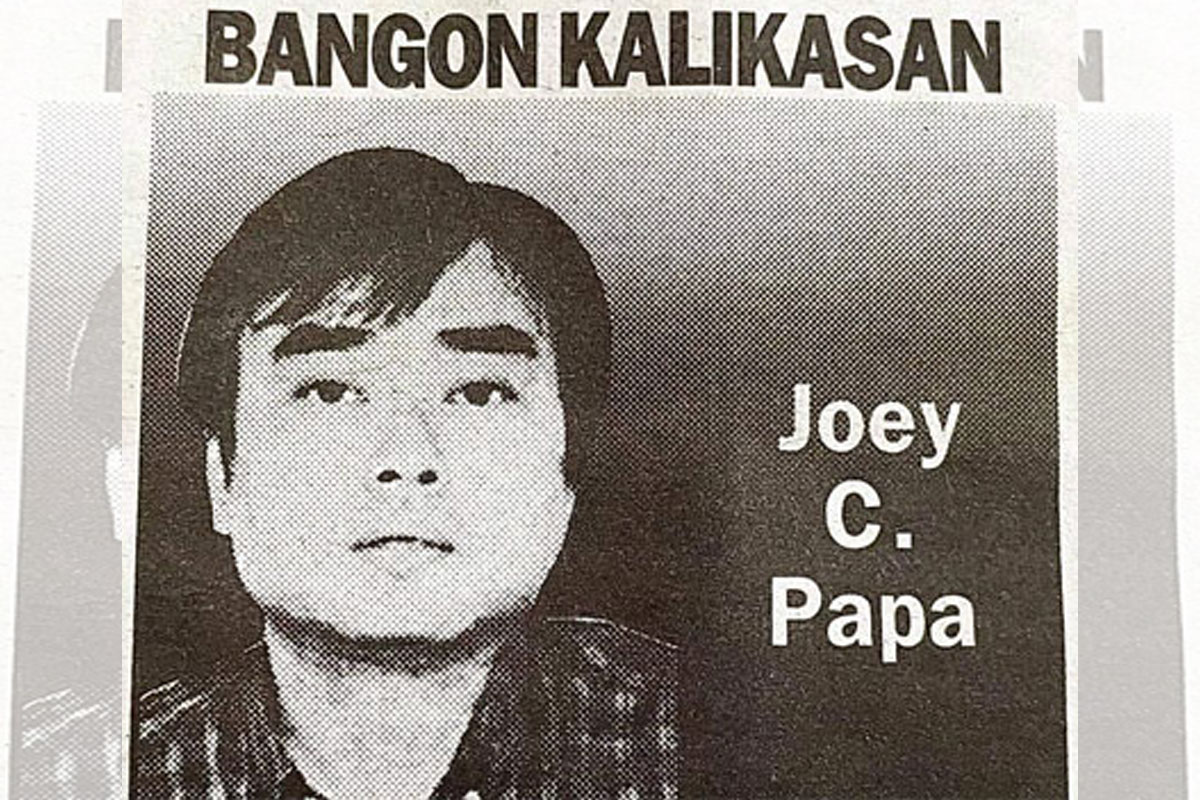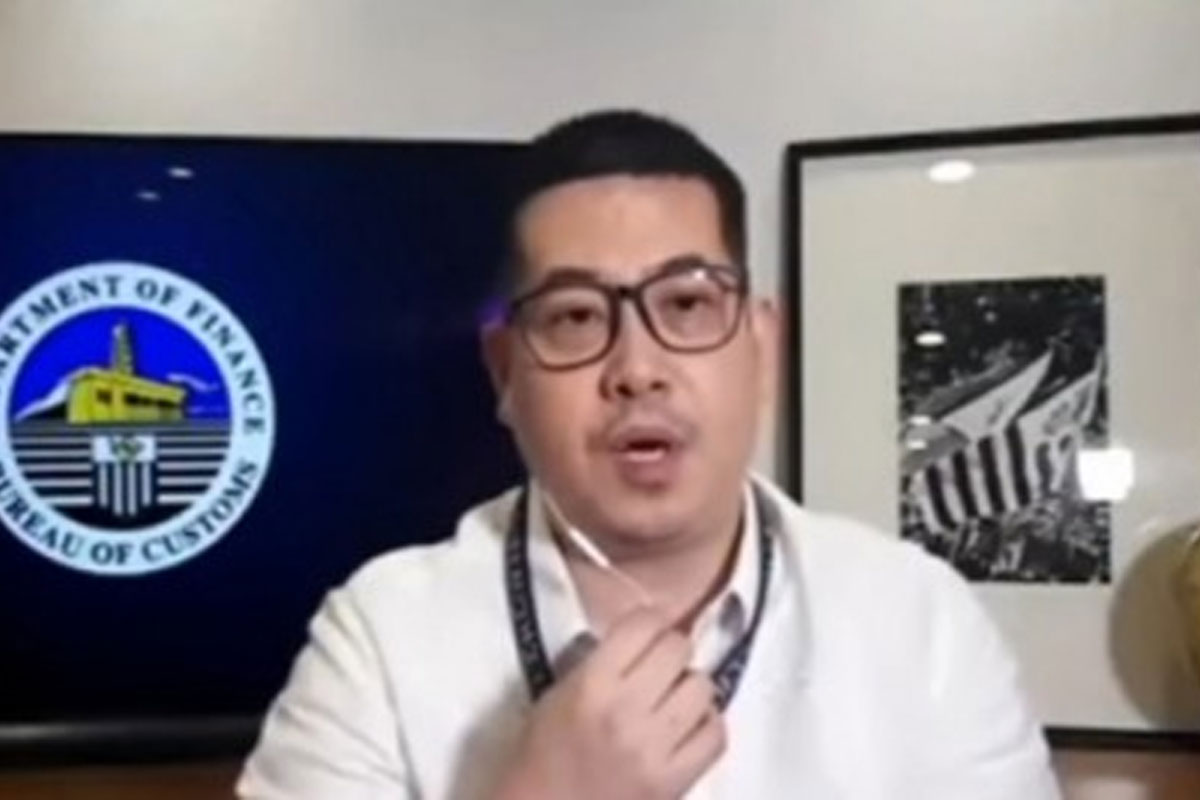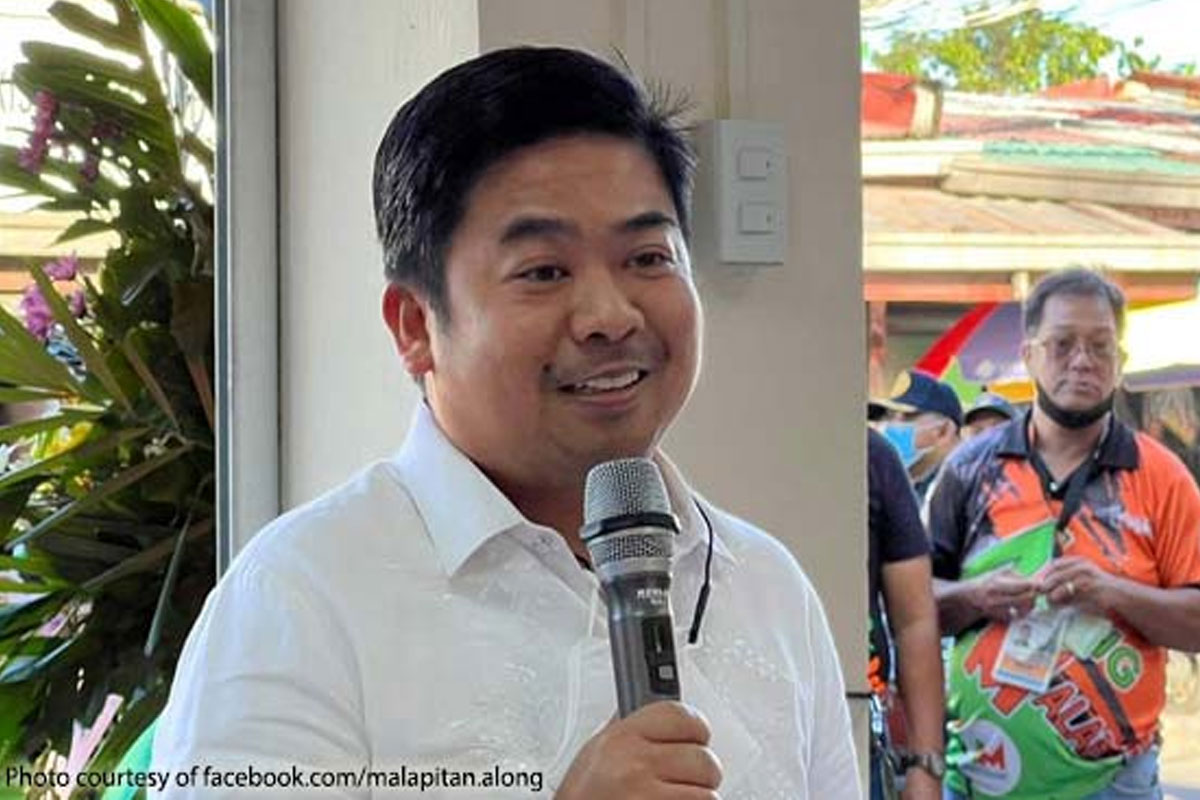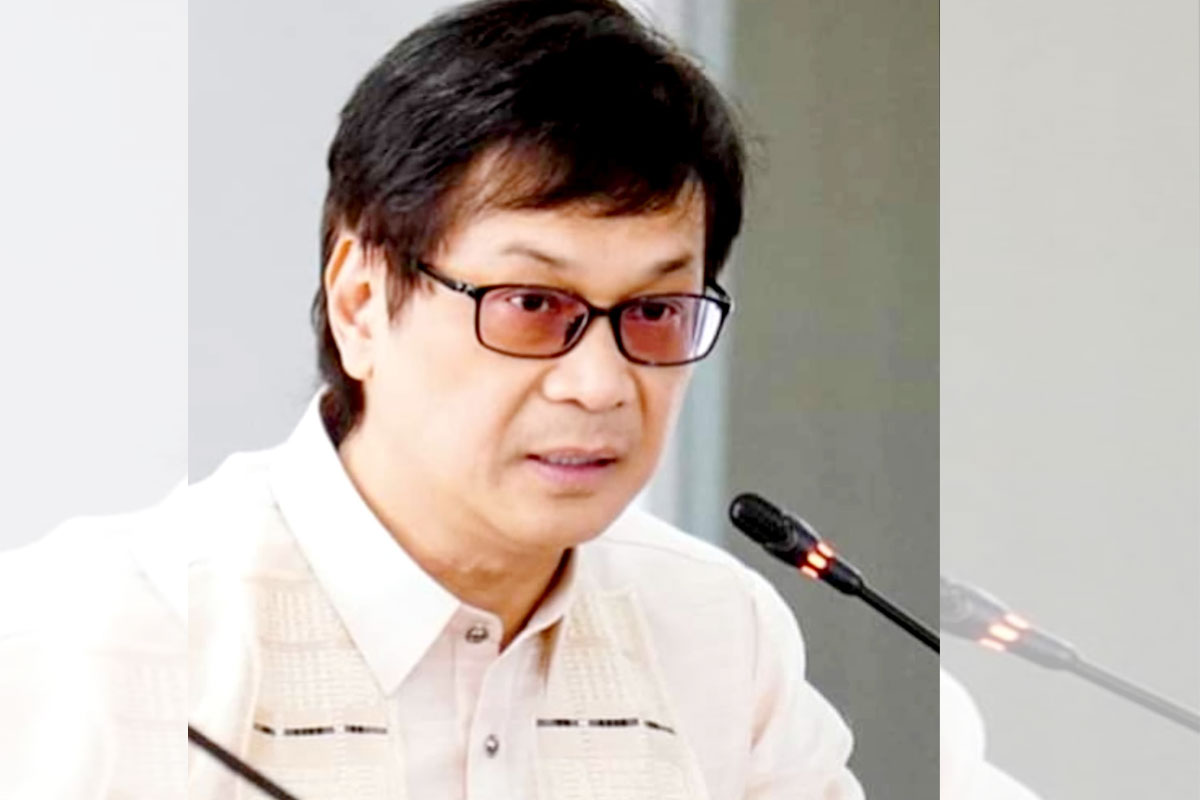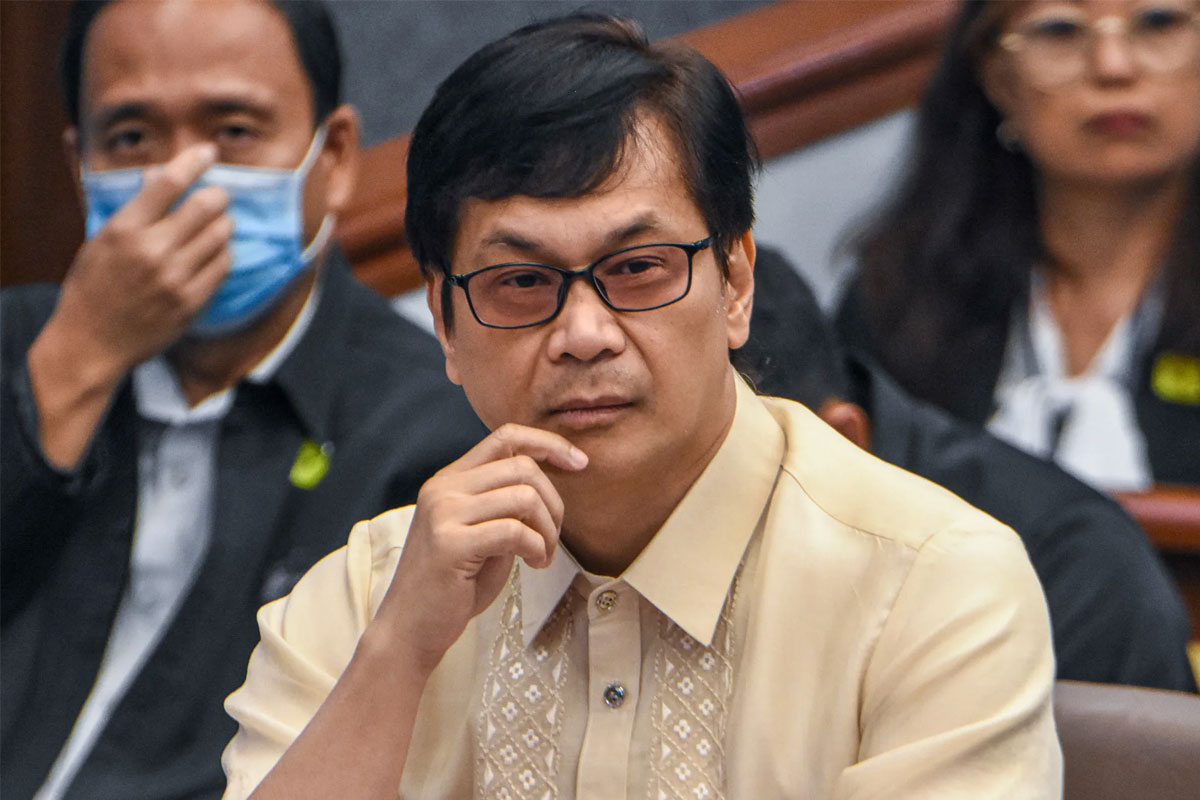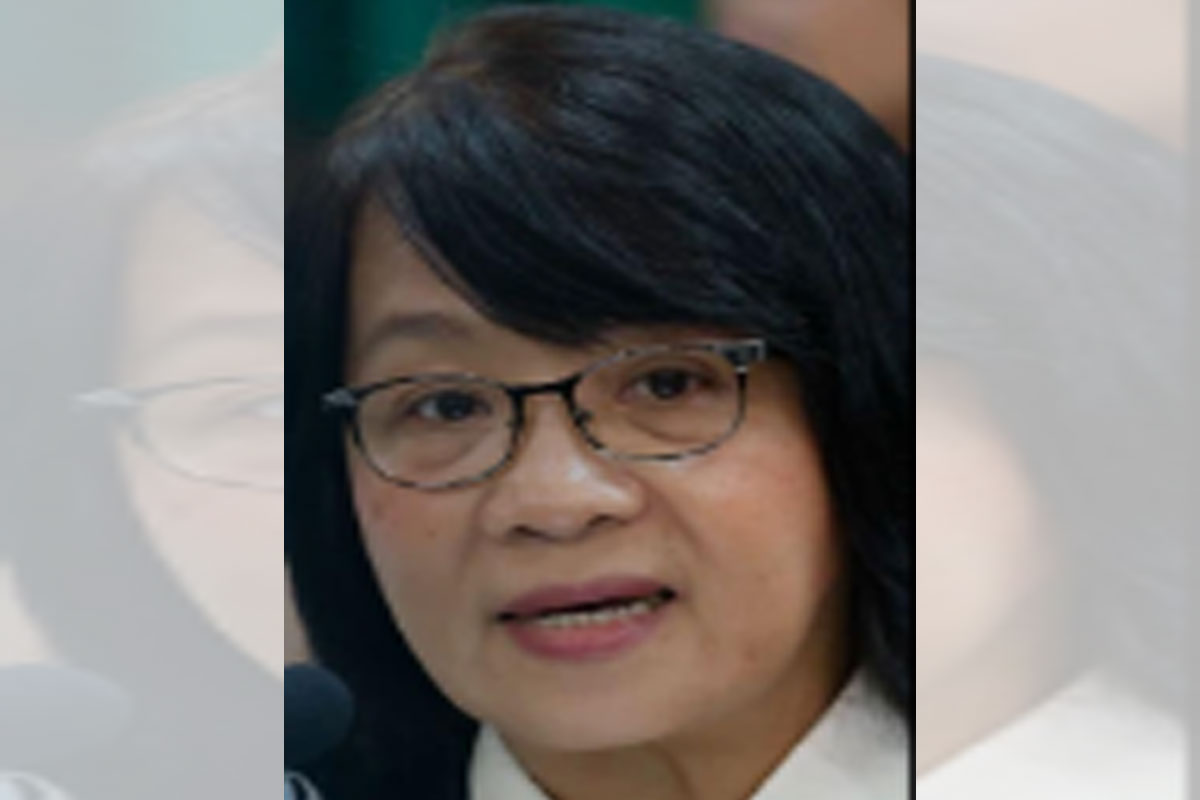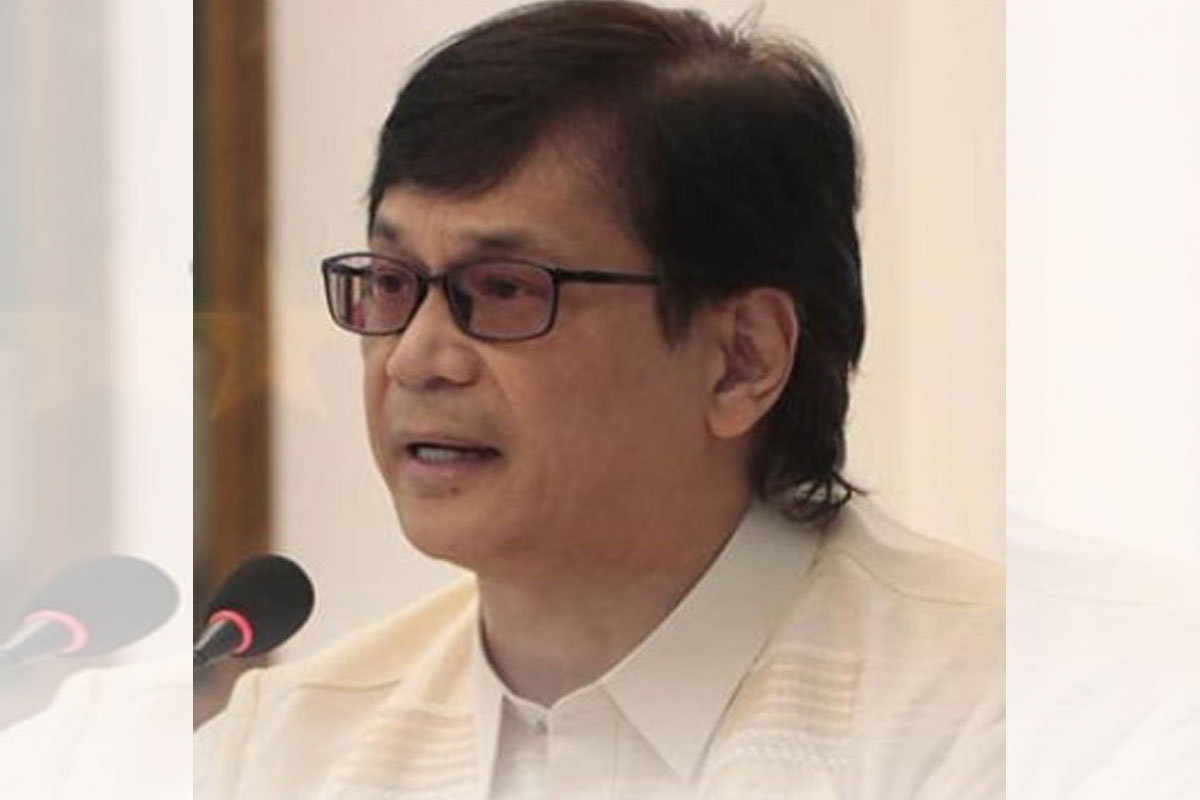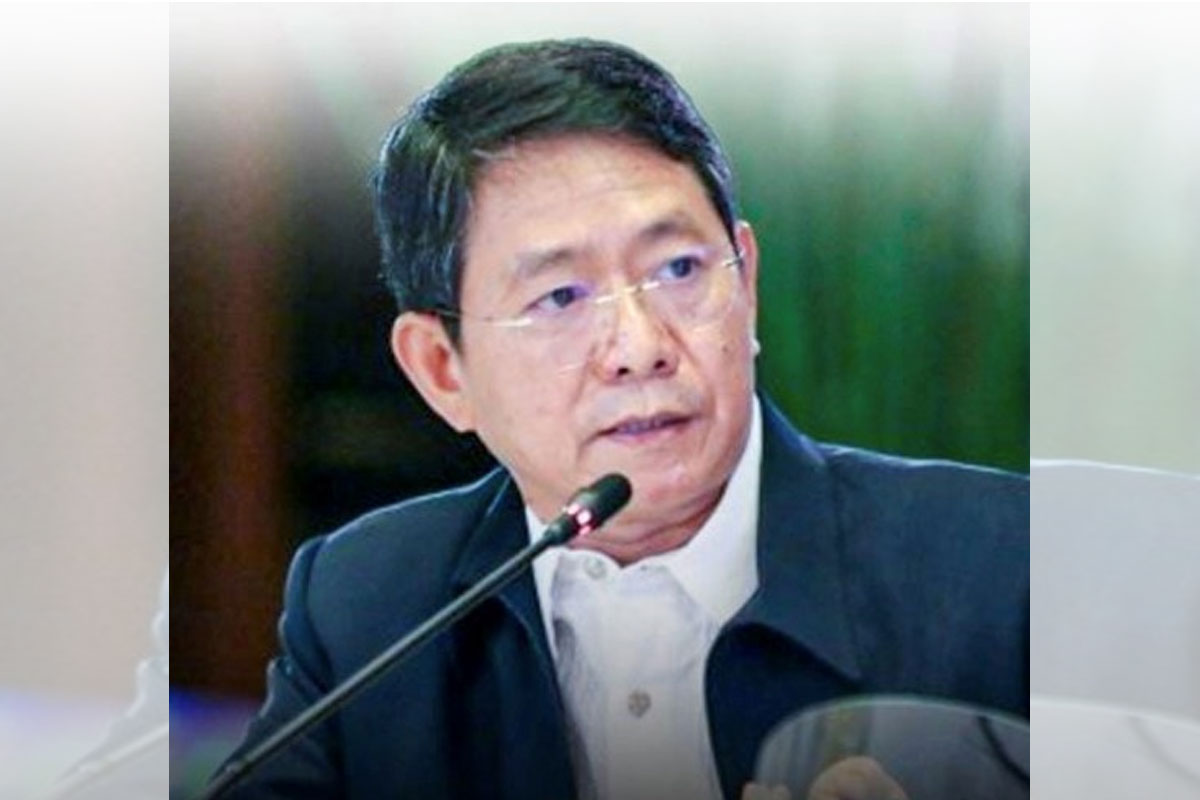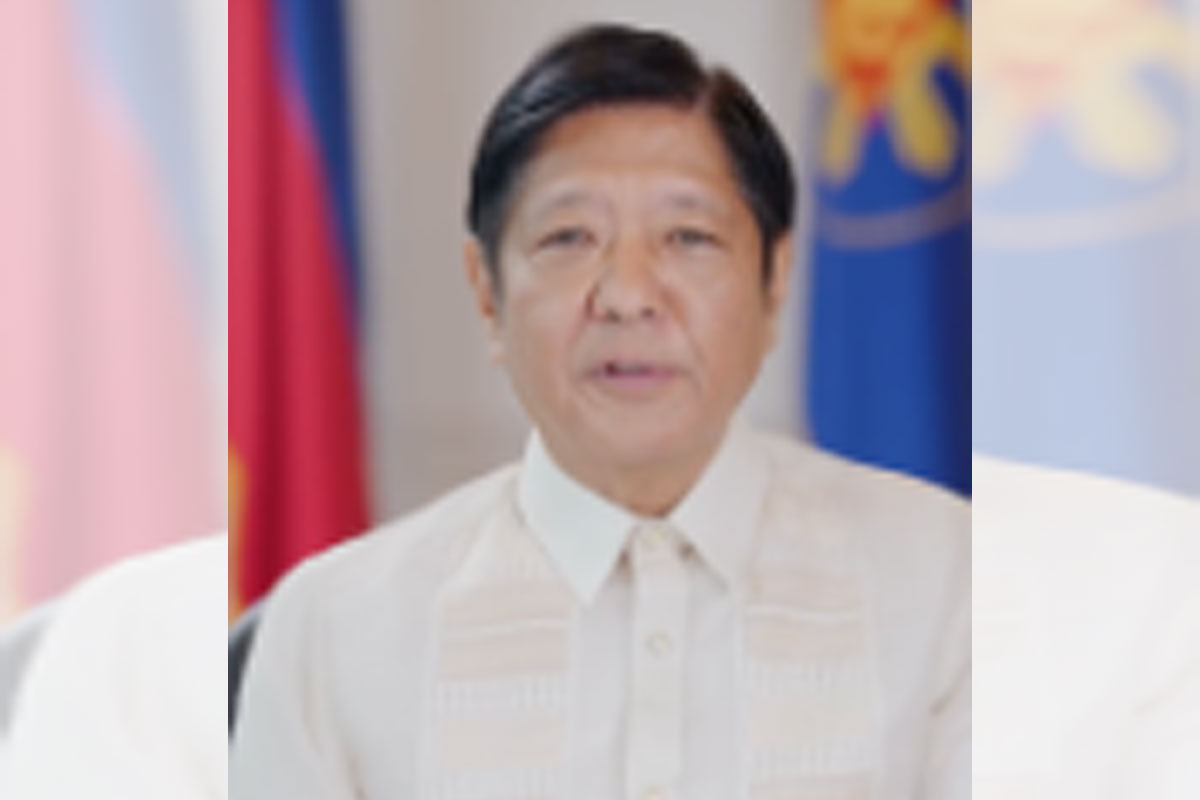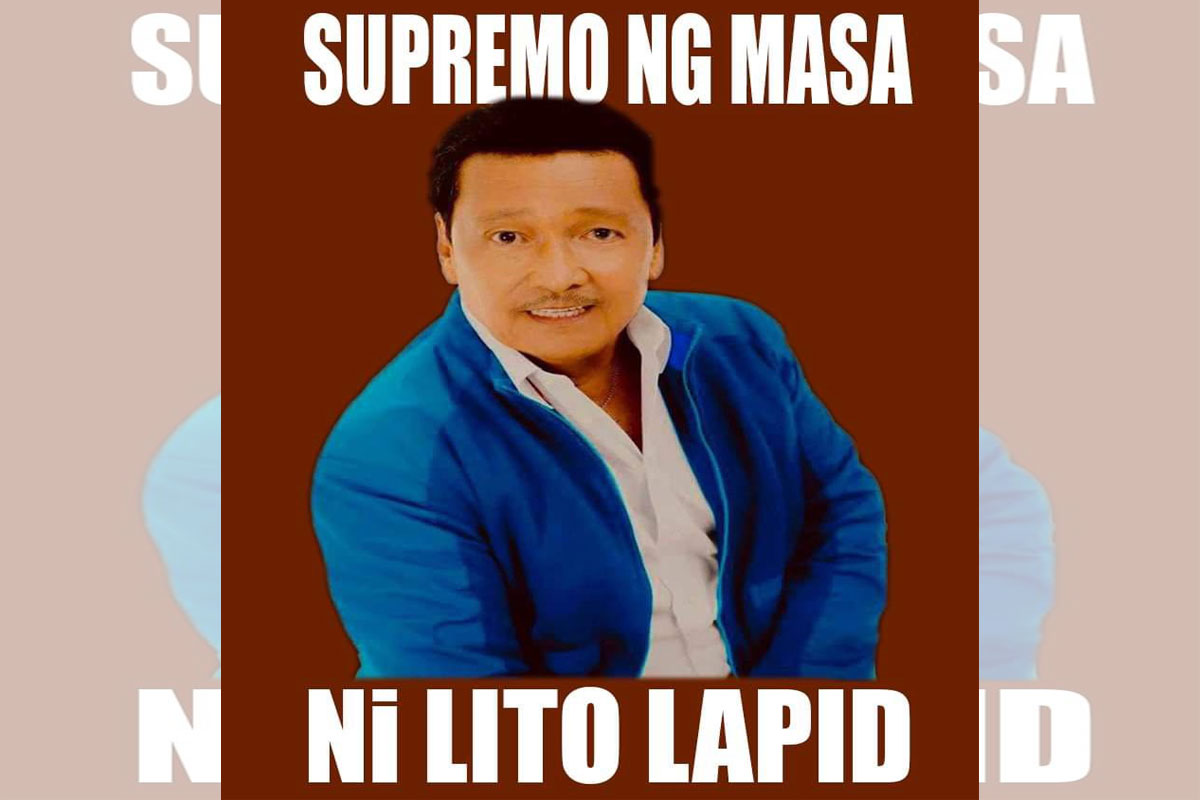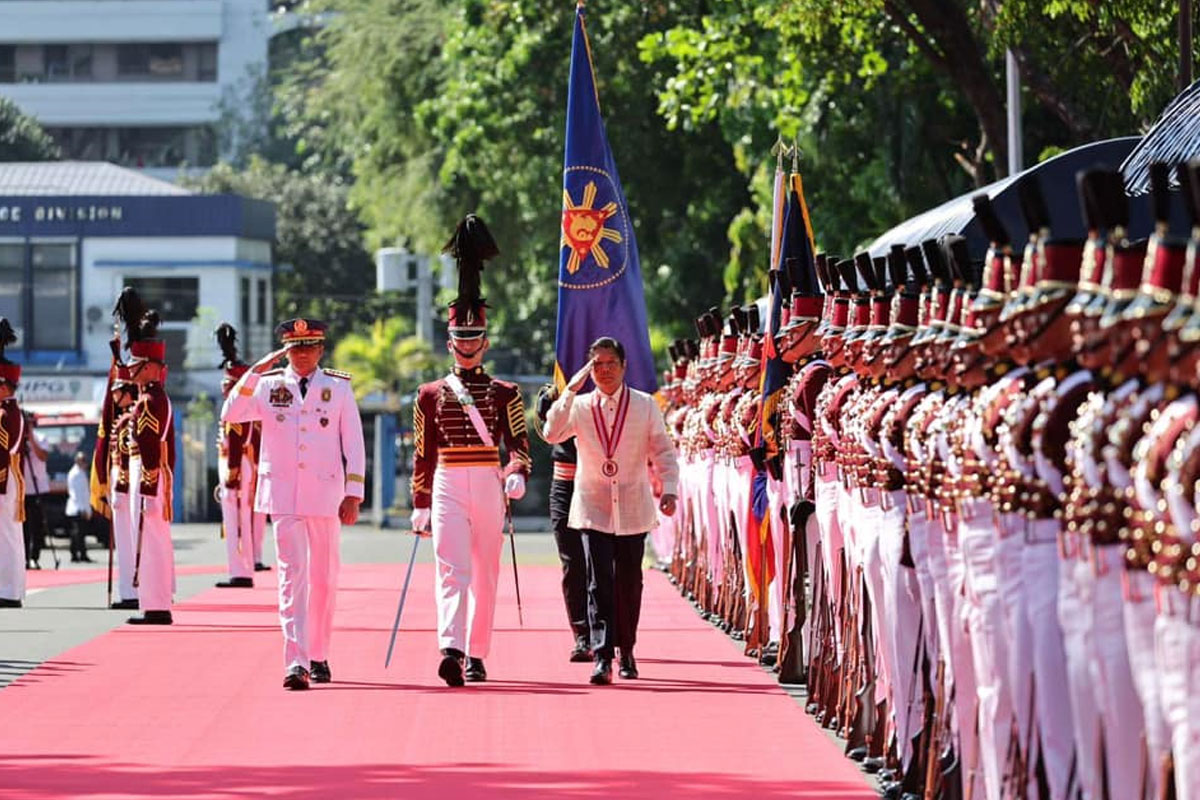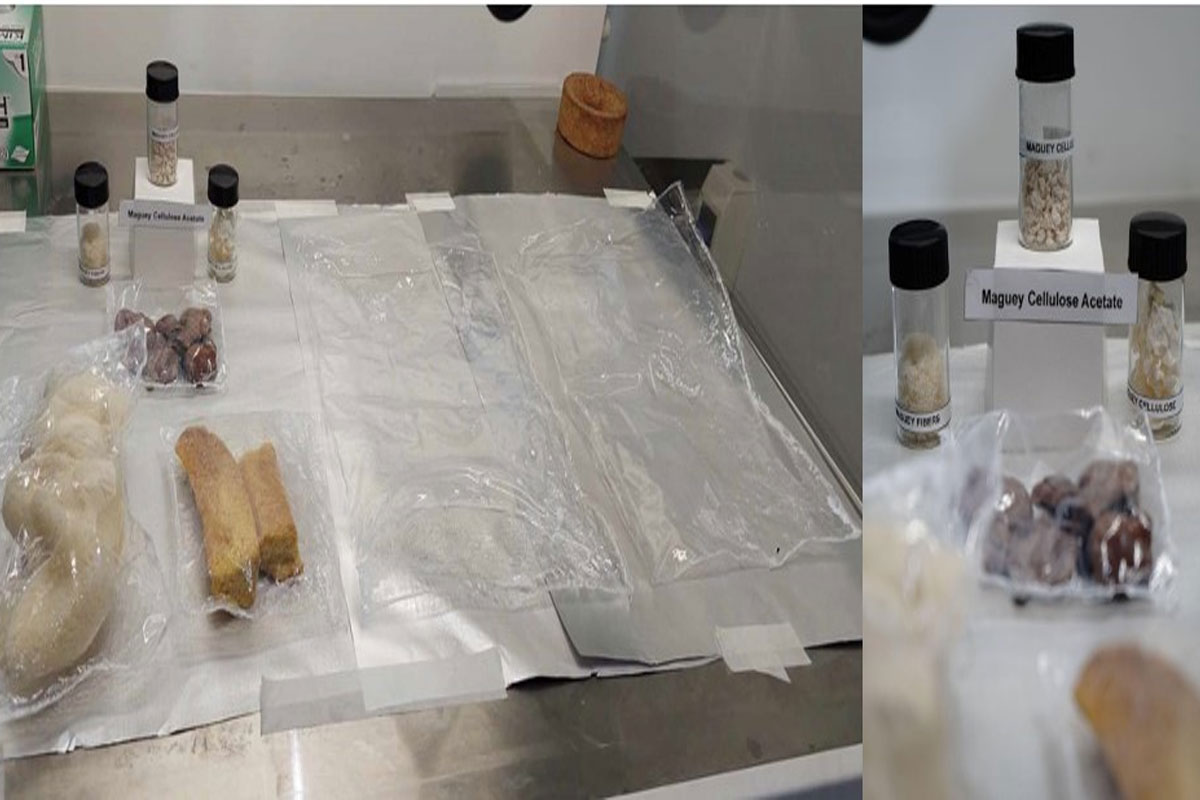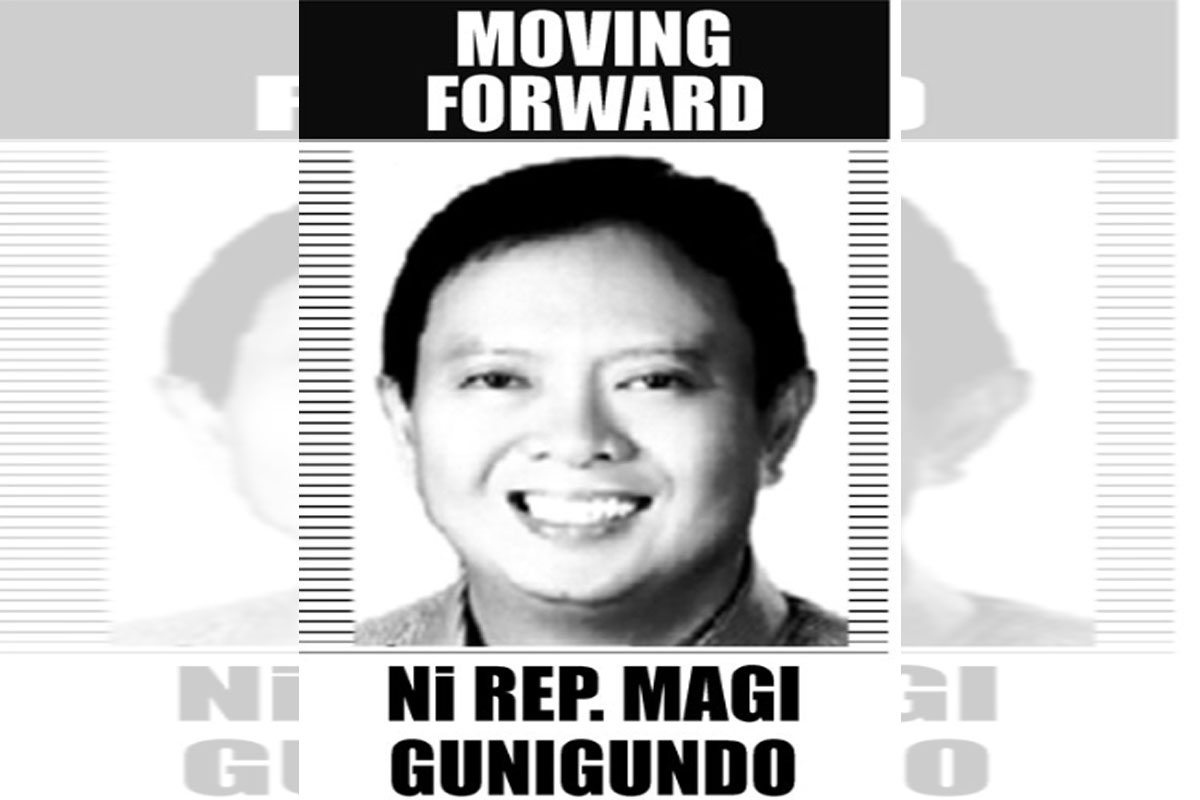
The politics of money
 Despite being a predominantly Catholic country, it appears that most Filipinos has dichotomized faith from the lust for money. That despite the intrinsically evil nature of vote buying, it continues to characterize electoral politics in the Philippines. Moreover, this is not limited to the poor alone but the covetousness for money strikes all ages and all income strata from Class A to E.
Despite being a predominantly Catholic country, it appears that most Filipinos has dichotomized faith from the lust for money. That despite the intrinsically evil nature of vote buying, it continues to characterize electoral politics in the Philippines. Moreover, this is not limited to the poor alone but the covetousness for money strikes all ages and all income strata from Class A to E.
In a press briefing, COMELEC spokesman John Rex Laudiangco said that out of the total of 1,173 reports of vote buying, 933 were reported through the Facebook page of the Task Force Kontra Bigay while 167 came through its e-mail address. Another 73 vote buying complaints were filed with the Comelec’s Law Department. To date, 88 of the 167 emailed reports are “considered valid reports” of vote buying and/or selling, but only 49 of them are backed by evidence.
Class D & E Voters which comprise the majority of the Filipino electorate are often given the brunt of the blame for selling their votes (regardless of a candidate’s qualification). There are even countless allegations of corruption and family dynasty issues all linked to this electoral vote buying practice that has been engrained in our electoral culture. Vote buying has become so systemic (most especially the night before election day where sometimes the highest “giver” prevails) that No Matter How Good you are or No Matter What Good You Do, votes are up for grabs to the influence of Money.
As such, the lofty promises of future economic gain to which the 36 years of the previous prospect of Liberal Democracy has remained as an “impossible dream” leaving the Filipino Voter with the notion that what they can “get now” would be better than what they can “get later” considering the perceived empty promises of the past. Thus, a well-oiled grassroots political machinery has enabled the realization of this short-term relief for voters tempted by the politics of money.
Bonum ex Integra Causa, Malum ex quocumque defectu (An action is good when it is good in every respect; it is wrong when it is wrong in every respect). Accepting money from a Vote-Buying Act is immoral regardless of your intent of whether or not you will still vote for the person buying your vote. The OBJECT, END and CIRCUMSTANCES (QUIS, QUID, UBI, QUIBUS AUXILIIS, CUR, QUOMODO, QUANDO) must be entirely good for the act to be moral. Thus, the intrinsically evil nature of vote-buying vitiates the goodness of the act whether or not you intend to vote otherwise. We should NEVER NORMALIZE VOTE-BUYING by this kind of twisted moral thinking.
Sadly, the short-term gain of vote buying will not last. The 5k or more given on Election Day will be gone in a matter of hours or at most a few days for all grocery and department store items (cell phone and gadgets, etc.) one will be able to buy. For those high-end items for higher ranking barangay officials (e.g., Motorcycles or cars, etc.), a couple of years is all it would last but all these will never solve the long-term financial problems needed to truly give a voter the financial freedom needed to escape the servitude and bondage politicians have artificially created for a voter to be indebted to them for a lifetime.
But let me be clear, the lust for money does not solely belong to the poor voters; sadly, and I think more despicable is the lust for money among those who are rich — the cronies and the oligarchs; there are people from the Class A & B sectors who are wealthy and educated yet greedy to the attraction of money vis-à-vis the power and influence they will yield (for their business interests) if they support the candidacy of a candidate. Business over National Interest (and the common good) will characterize this kind of money politics among the rich and social elites in our society. And when things don’t go their way, they can always hop in their private jets to another country of their choice to live in.
The Lust for money means corruption has taken roots in its citizens. Leaders are corrupt because the people tolerated such corruption to exist by allowing the “quick cash” mentality to be unobjectionable notwithstanding the fact that the cash you received today is selling the future and all the benefits it may bring.
In the end, “Vote buying is rarely an isolated action, and it perpetuates corruption throughout the entire political system. When a candidate chooses to pay for support, rather than compete fairly for votes, they show a disregard for democratic norms and a willingness to use illegal means. If they see that buying off supporters worked during the election, what is to stop them from using that strategy in other areas of governance? Vote buying enables poor governance and undercuts citizens’ ability to hold their elected officials accountable. If a candidate believes all they need to do to be elected is pay off voters and government officials, they will have no incentive to be responsive to issues their constituents care about — issues like water and sanitation, education and unemployment” (Thierry Uwamahoro).
We should embody our love of God and Country by not allowing our selfish motives and interests to characterize of social and political lives. If we continue to be tempted by our lust for money, it will destroy our country by shattering the moral fiber which characterizes the Philippines as one of the world’s largest Catholic nation — and this would be such a shame. Let’s not lose of soul for those 30 pieces of silver!
————————oOo——————————
For any personal comments or suggestions, you may call 0917-4805585 or email me at [email protected].


